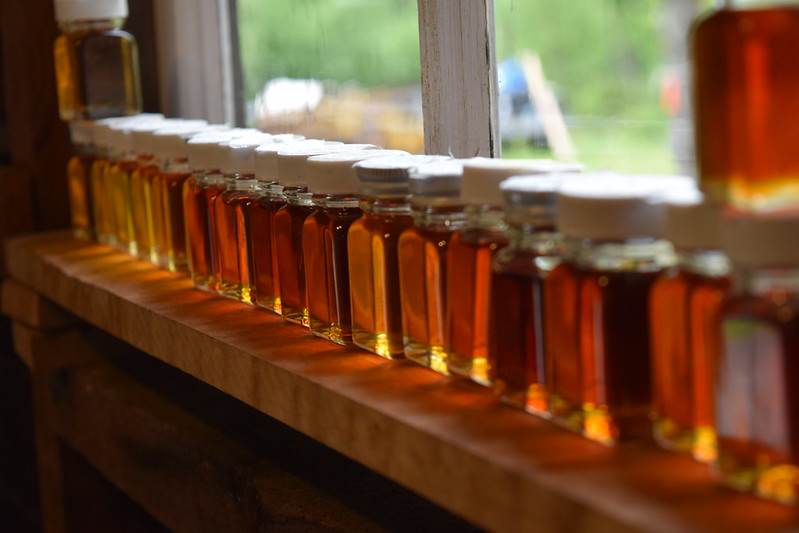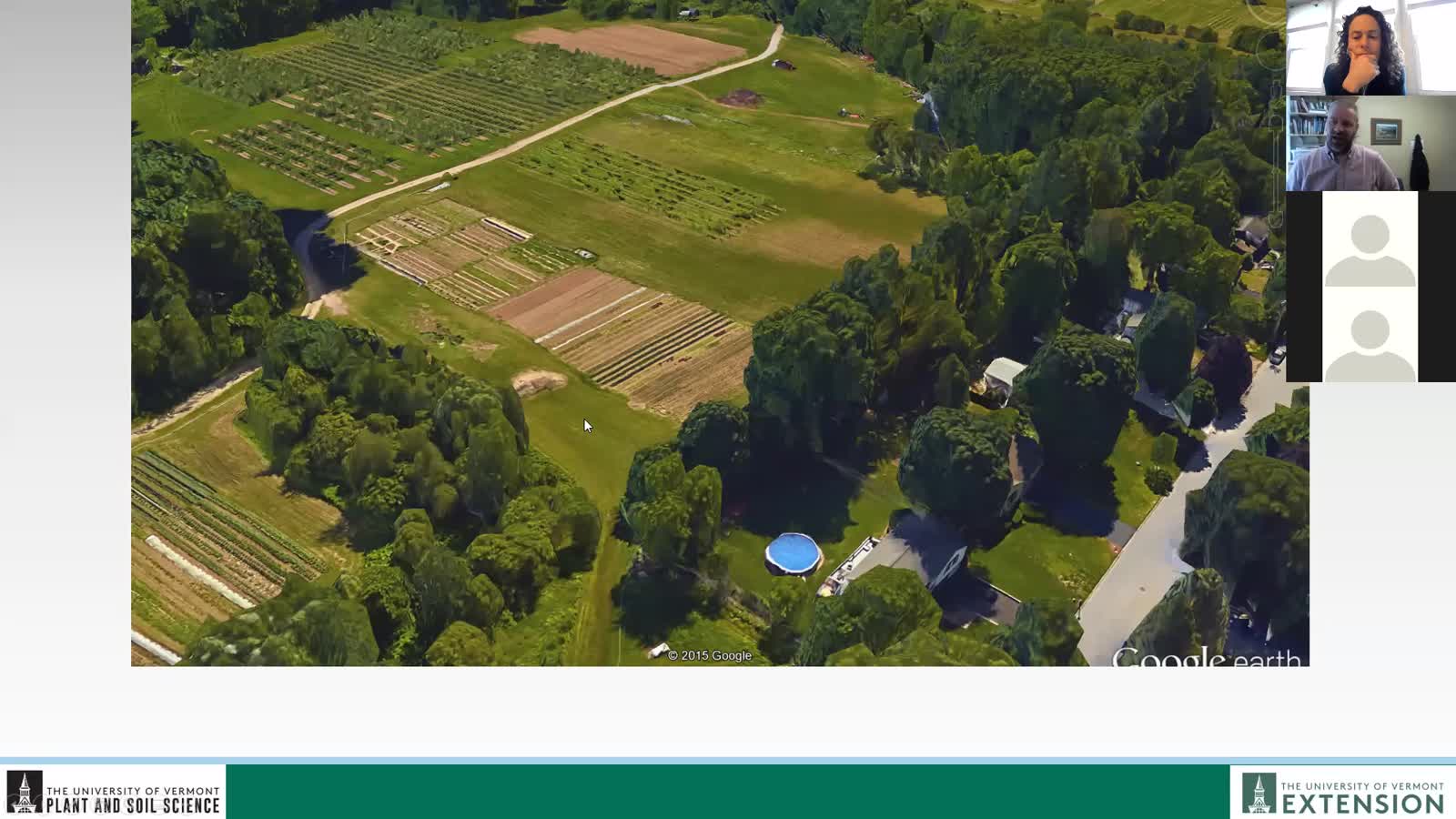Search Results
Results for: 'Lunch and Learn'

Forest Tent Caterpillars Update
It appears as though the recent widespread defoliation event related to forest tent caterpillar has ended. According to the Vermont Department of Forest Parks and Recreation, there have been no reports of defoliation attributed to this native inse...

International Maple Syrup Institute
The International Maple Syrup Institute (IMSI) was founded in 1975 to promote and protect pure maple syrup and other pure maple products. Its mission remains largely unchanged: The organization provides an important international framework for com...

Gardeners know that earthworms can be beneficial for growing vegetables and flowers by helping with soil aeration and producing fertilizer through their castings. Sugar makers may not know that earthworms and relatively newer invaders the so-calle...

Sugar makers rely on healthy, abundant maple trees to provide sap each spring. Taken together a group of maple trees managed for sap collection is called a sugarbush. Developing a healthy, productive sugarbush takes time and effort. Forests are hi...

The sugaring season has been over for a while. Maple trees ended their annual period of dormancy when their winter buds broke, allowing new leaves to emerge. These lush green leaves are now working to produce all the energy needed for the tree to ...

Summer is here and for maple sugar makers that means contest time. Entering syrup in a contest is a great way to show off your product, make sure your syrup meets standards and earn a class winner or best is show ribbon. There are a few things to ...

A modern maple operation relies on a tubing system with vacuum to maximize sap production. The innovation of plastic tubing originally came as a labor-saving device and not to increase sap yield from individual trees. As the materials used to prod...

Maple trees managed for sap production remain part of a forest ecosystem. Forest ecosystems are complex communities of plants, animals and microbes all interacting with their physical environment and climate. Forests are especially competitive env...

Dr. Terence Bradshaw, Assistant Professor Specialty Crops Production and Director of the Horticulture Research & Education Center, University of Vermont Communicating to the public about the pros/cons of herbicides in our cropping systems and the...